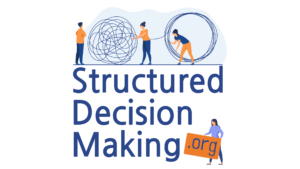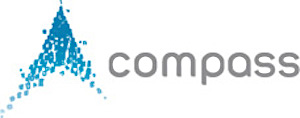Adaptive Management
Adaptive management is a form of SDM for recurrent decisions in which learning can be used to improve future decisions. While adaptive management is a valuable framework, it is not appropriate for all decision problems. The U.S. Department of the Interior developed a technical guide[1] that defines six key conditions for determining when adaptive management is warranted:
- A real management choice is to be made
- There is an opportunity to apply learning
- Clear and measurable management objectives can be identified
- The value of information for decision making is high
- Uncertainty can be expressed as a set of testable models
- A monitoring system can be established to reduce uncertainty
As these criteria illustrate, adaptive management is aimed at decisions that must be made in the face of uncertainty. Competing models (i.e., different hypotheses) are used to predict the outcomes of a decision, and a monitoring program gathers relevant data to help us re-evaluate our confidence in the hypotheses. The learning is evident in the changing model weights over time (see figure below). c
Adaptive management enables decision makers to take immediate action, but still provides a framework to incorporate new data to make better decisions with each iteration. Adaptive management can also be used to update the decision objectives and framing (sometimes called double-loop learning[2]), as well as the broader decision context (sometimes called triple-loop learning[3]).

Figure caption: Models are used to predict the outcomes of decisions. Using monitoring data, we compare these predictions with the observed outcomes, then update our relative confidence (model weight) in each hypothesis. Over time, we learn more about the system, make better predictions, and improve decision outcomes. (figure adapted from [4])
[1] Williams BK, Szaro RC, Shapiro CD. 2007. Adaptive Management: The U.S. Department of the Interior Technical Guide. Adaptive Management Working Group.
[2] Williams BK, Brown ED. 2018. Double-loop learning in adaptive management: the need, the challenge, and the opportunity. Environmental Management 62:995–1006.
[3] Pahl-Wostl C. 2009. A conceptual framework for analysing adaptive capacity and multi-level learning processes in resource governance regimes. Global Environmental Change 19:354–365.
[4] Johnson FA, Boomer GS, Williams BK, Nichols JD, Case DJ. 2015. Multi-level learning in the adaptive management of waterfowl harvests: 20 years and counting. Wildlife Society Bulletin 39:9–19.

